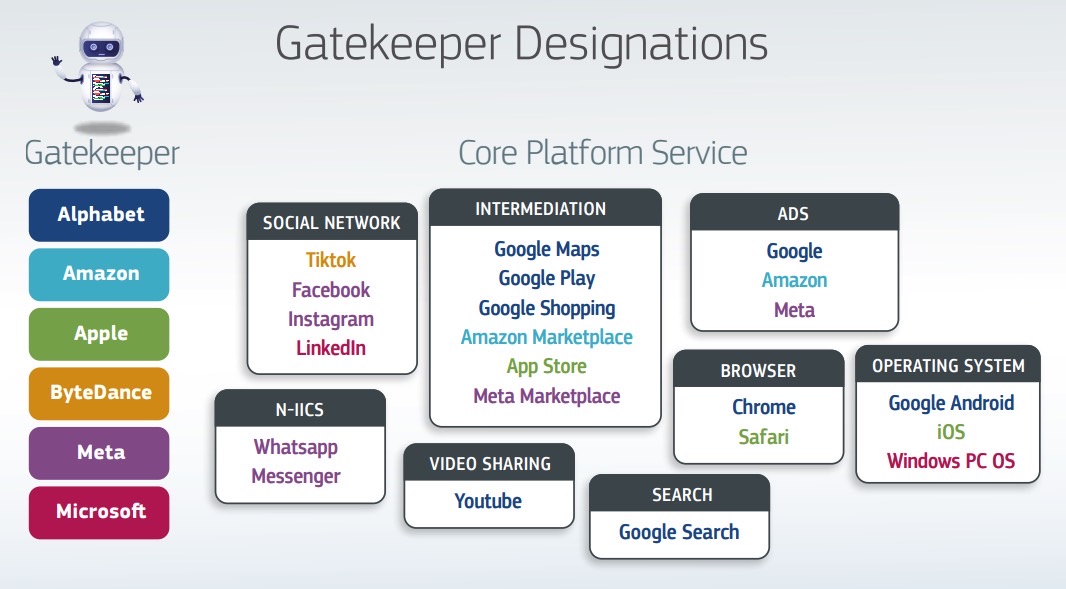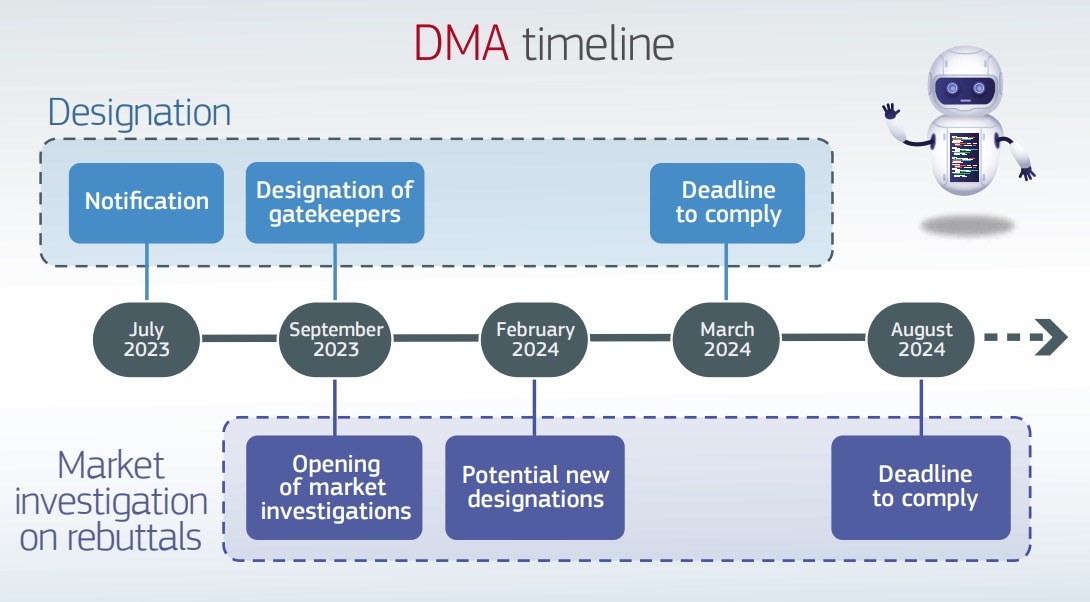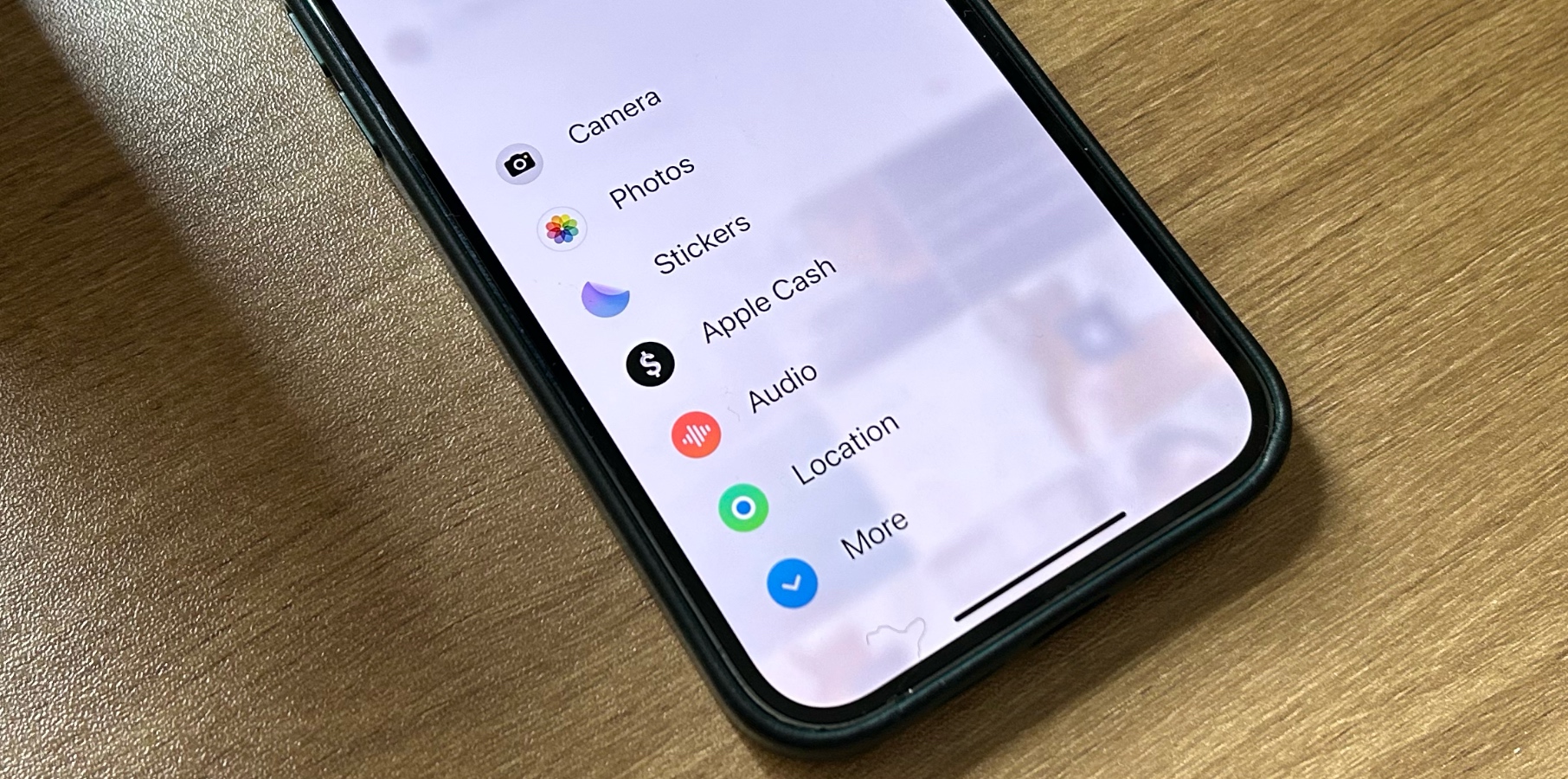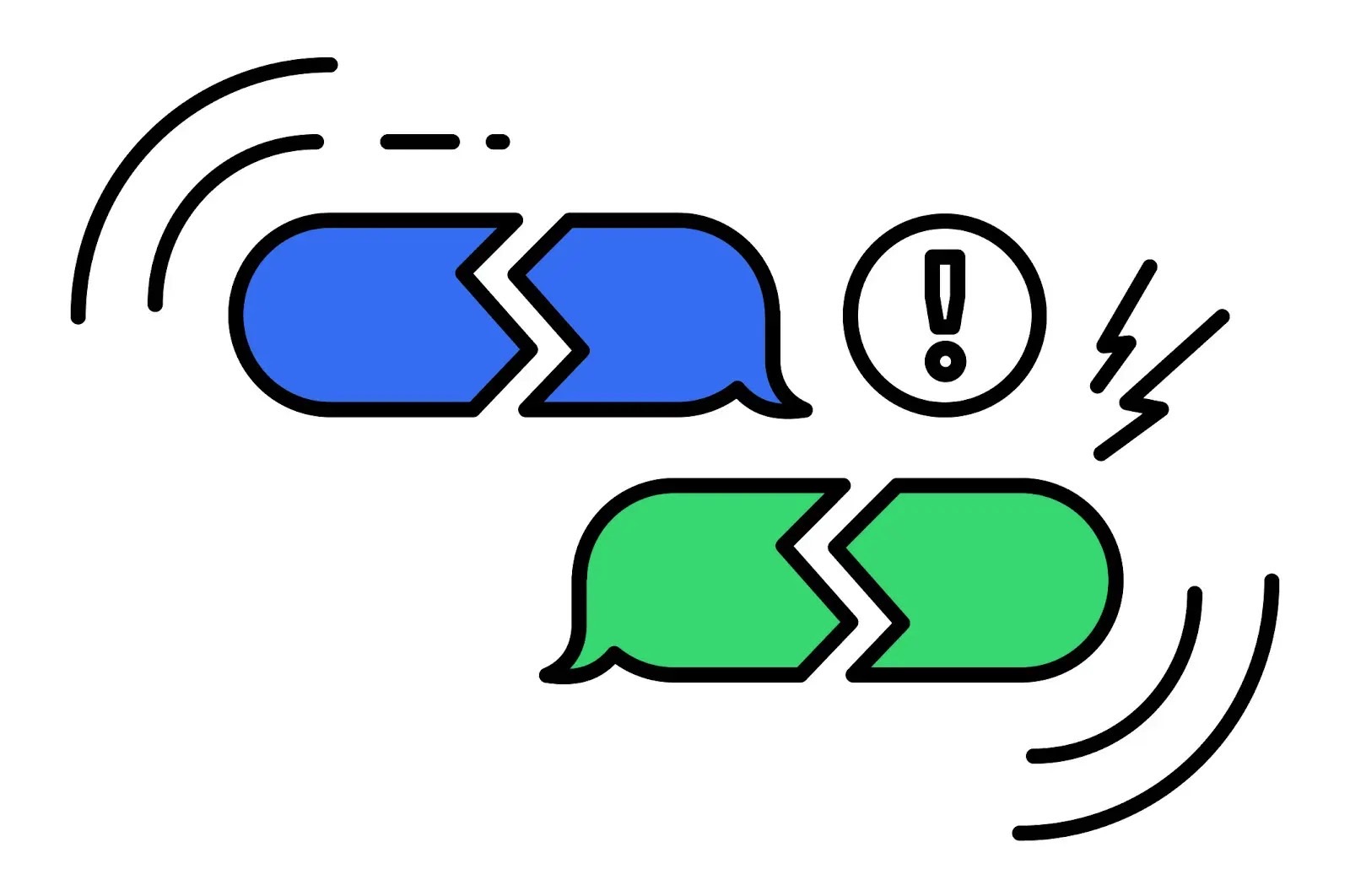Google’s relentless anti-iMessage campaign continues with a new episode this week. The online search giant partnered with wireless carriers in the European Union (EU) to beg lawmakers in the region to declare Apple’s iMessage a gatekeeper service. This would force Apple to open iMessage to RCS — but not just any kind of RCS protocol. Google wants its own proprietary RCS service to be supported in iMessage. It’s an RCS “standard” that nobody else really uses.
I’ve said before that I don’t even want to envision the mess that would result from Google having its RCS messaging system work with iMessage. But I also explained how painfully annoying the RCS implementation might be if iMessage is forced to work with third-party services in the EU.
The main point of this is that, again, the Digital Markets Act (DMA) only covers the European Union. Apple would probably never support RCS worldwide.
But now that Google is partnering with carriers to push for this initiative, I’ll mark it as a big red flag. After all, when did you trust your mobile service operator to advocate on your behalf or defend your user experience?
Google partnered with Europe’s biggest carriers, including Google, Vodafone, Deutsche Telekom, Telefónica, and Orange to send a letter to the EU. Per The Financial Times (via 9to5Google ), Google and the carriers want the EU to declare iMessage as a gatekeeper service.
Is this just another marketing trick?
The region has already decided on the first round of gatekeeper services in the region, as seen in the image below. On the messaging front, WhatsApp and Facebook Messenger are designated as gatekeepers. Interestingly, Google’s Message service isn’t, despite Android’s massive market share in Europe.
That must mean Google’s RCS doesn’t have 45 million users in the region… just like iMessage.

The letter addresses business users who supposedly can’t reach their customers on iPhones because there’s no RCS support:
“It is paramount that businesses can reach all their customers taking advantage of modern communications services with enriched messaging features,” the letter, which was confirmed by multiple sources, added. “Through iMessage, business users are only able to send enriched messages to iOS users and must rely on traditional SMS for all the other end users.”
Apparently, Google hasn’t heard about WhatsApp or how popular the service is for businesses in the EU region.
Why is Google doing this? Maybe it’s just a marketing trick. Maybe Google wants Android users to think it’s defending their honor despite iMessage not being a problem in Europe. Again, WhatsApp is the most popular chat service over here, and I use it a lot more than iMessage.
But it’s mostly about money, and about possibly making the world forget iMessage is such a great mobile app on the iPhone.
The EU is already investigating iMessage
The EU is already investigating Apple’s iMessage, and it’s asking some unusual questions in the region. A report last month surfaced the kind of questions the EU is asking, including the business aspect of texting:
The Commission sent out questionnaires earlier this month, asking rivals and users to rate the importance of Microsoft’s three services and Apple’s iMessage versus competing services.
The people familiar with the matter said the EU watchdog asked if there was anything specific to the services that business users rely on and how they fit into the companies’ ecosystems.
It also asked for the number of users using the services.
The EU has until February to decide whether Apple’s iMessage qualifies as a gatekeeper. It’s also investigating three Microsoft services, including Bing and Edge, for the same purpose.

The big difference between iMessage and Google’s RCS
Google is in a hard place right now because it’s the only big tech company that hasn’t been able to predict the future of instant messaging. Apple did when it launched iMessage in 2011, giving it more modern features and better security and privacy than anyone else.
Meta (than Facebook) also saw the future when it paid nearly $20 billion for WhatsApp in 2014, despite already owning Facebook Messenger.
Apps like iMessage helped kill the lucrative SMS business that carriers operated. It didn’t happen overnight, but people switched to internet-based chat apps rather than SMS texting.
Carriers knew this was coming, too. RCS is a carrier-created standard that dates back to 2008. There’s nothing modern about that initial implementation. If anything, the EU would be right to force Apple’s iMessage to support that initial RCS in addition to SMS (and MMS), which is the true standard. Google’s RCS is a proprietary messaging system.

While all this was happening, Google stumbled in the dark, operating some 13 different messaging apps. Apple kept improving iMessage. Google is playing the victim here despite running the world’s largest operating system. And despite not being able to create its own iMessage alternative.
Getting back to standards, when Apple launched iMessage, it didn’t want its messaging system to become a standard texting app. iMessage competed against SMS, sure. And it had to support SMS at the time because carriers forced this communication standard on everyone.
But more than a decade later, when Google finally had an iMessage alternative, Google wants its chat app to work with Apple’s chat apps. To be the standard across operating systems.
It’s all about money, not the customer’s well-being
This entire campaign isn’t about our well-being as carrier customers or smartphone buyers. It’s not about the green vs. blue bubbles, something that doesn’t really exist, especially in Europe.
It is about money. Carriers by themselves do not have an interest in RCS. That’s why RCS never worked in its early days. Carriers cared about SMS revenue back when that was a thing, but that’s not happening anymore. They might still hate Apple for its place in destroying SMS.
What they might get out of this is increased data traffic generated from RCS messages. They might be able to monetize that. But iMessage traffic still requires an internet connection. Therefore, a data plan on mobile devices. It doesn’t matter what chat apps you use; you still have to pay the internet service provider. So carriers already make money from iMessage.

Google would get to steer that extra iMessage-RCS traffic through its own servers. And while it would all be encrypted, it’d still make money from the infrastructure. After all, Google sells RCS services to carriers via its Jibe platform.
I’ll point out again that Android (a gatekeeper in the EU) had a 65% market share in Europe last year, according to Statista. That means plenty of smartphone users have a default Google Messages app preinstalled on their devices, which probably supports RCS.
Weirdly enough, the EU must have decided that fewer than 45 million people in the block use RCS, or Google’s RCS should also be gatekeepers according to the same rules.
As for messaging apps, the same Statista says WhatsApp is the world’s most popular chat app, with over 2 billion users. Facebook Messenger had 931 million as of January 2023, with Telegram reaching 700 million users worldwide. iMessage doesn’t make the list. Neither does Google’s RCS.
Europe has a population of over 742 million, some 448 million of which are in the EU. The continent accounts for 459 million smartphone subscriptions, as of 2023.
Google said at I/O 2022 that it has 500 million RCS messaging users worldwide. It’s unclear how many of them are in Europe. But, again, these are users of Google’s proprietary RCS app, not the standard that the carriers develop. Nobody would use RCS if it were not for Google.
With all that in mind, the EU should also look at Google Messages being a gatekeeper service in Europe and not be fooled by Google describing its RCS implementation as a standard chat service. Then again, I don’t recall any competing chat service wanting or supporting RCS as a standard. I’m sure Google would have enlisted their help against Apple.







